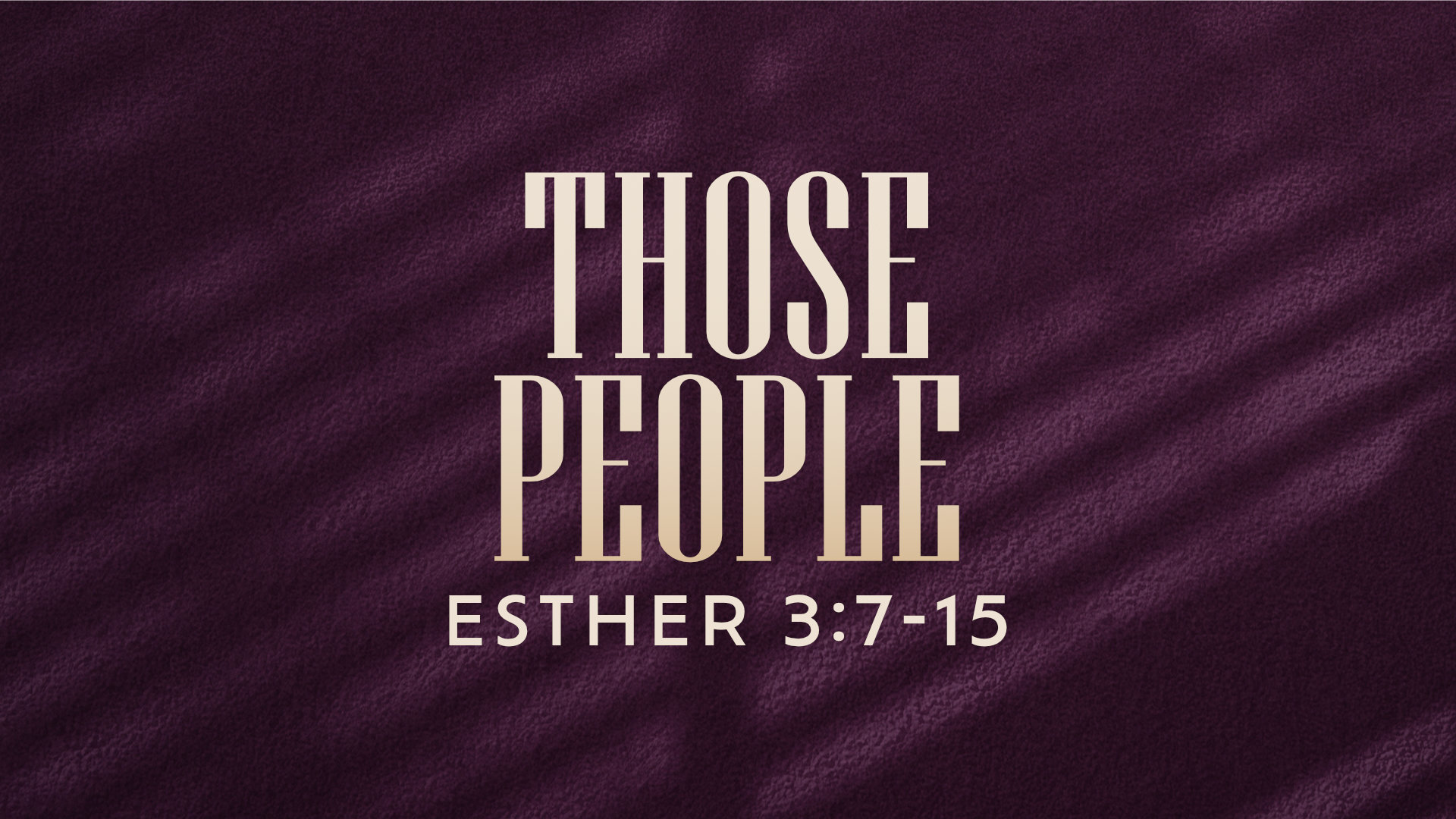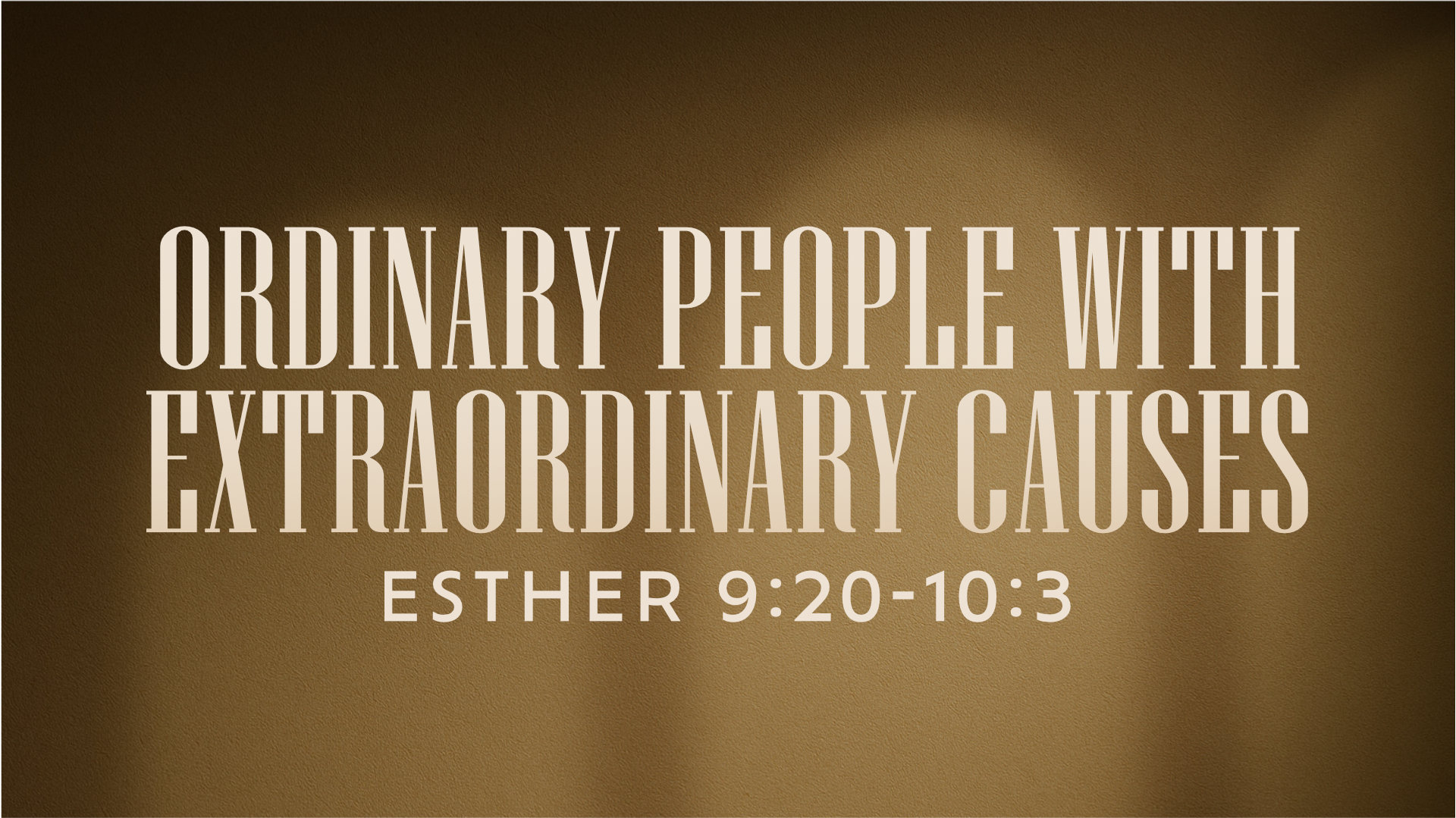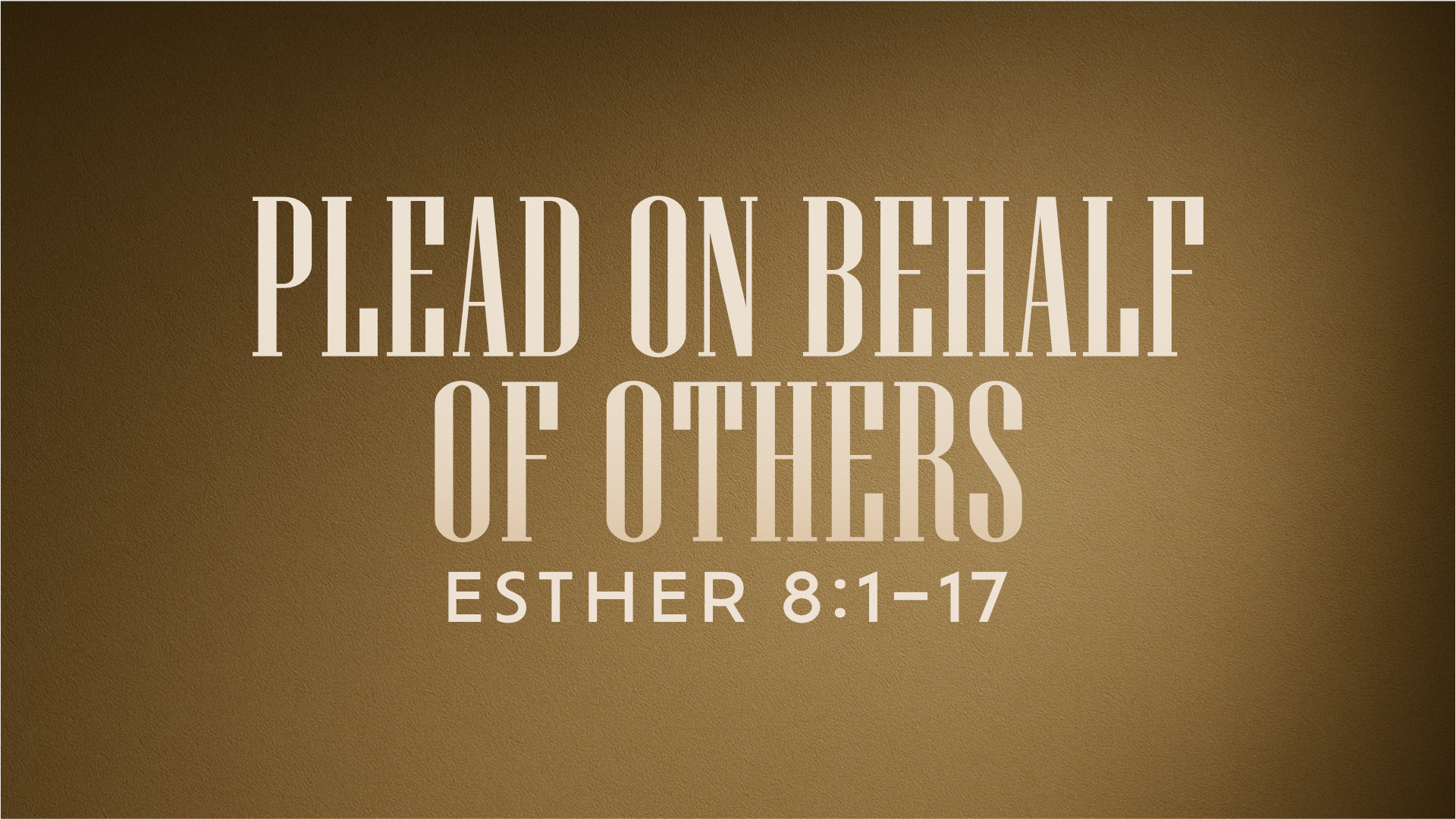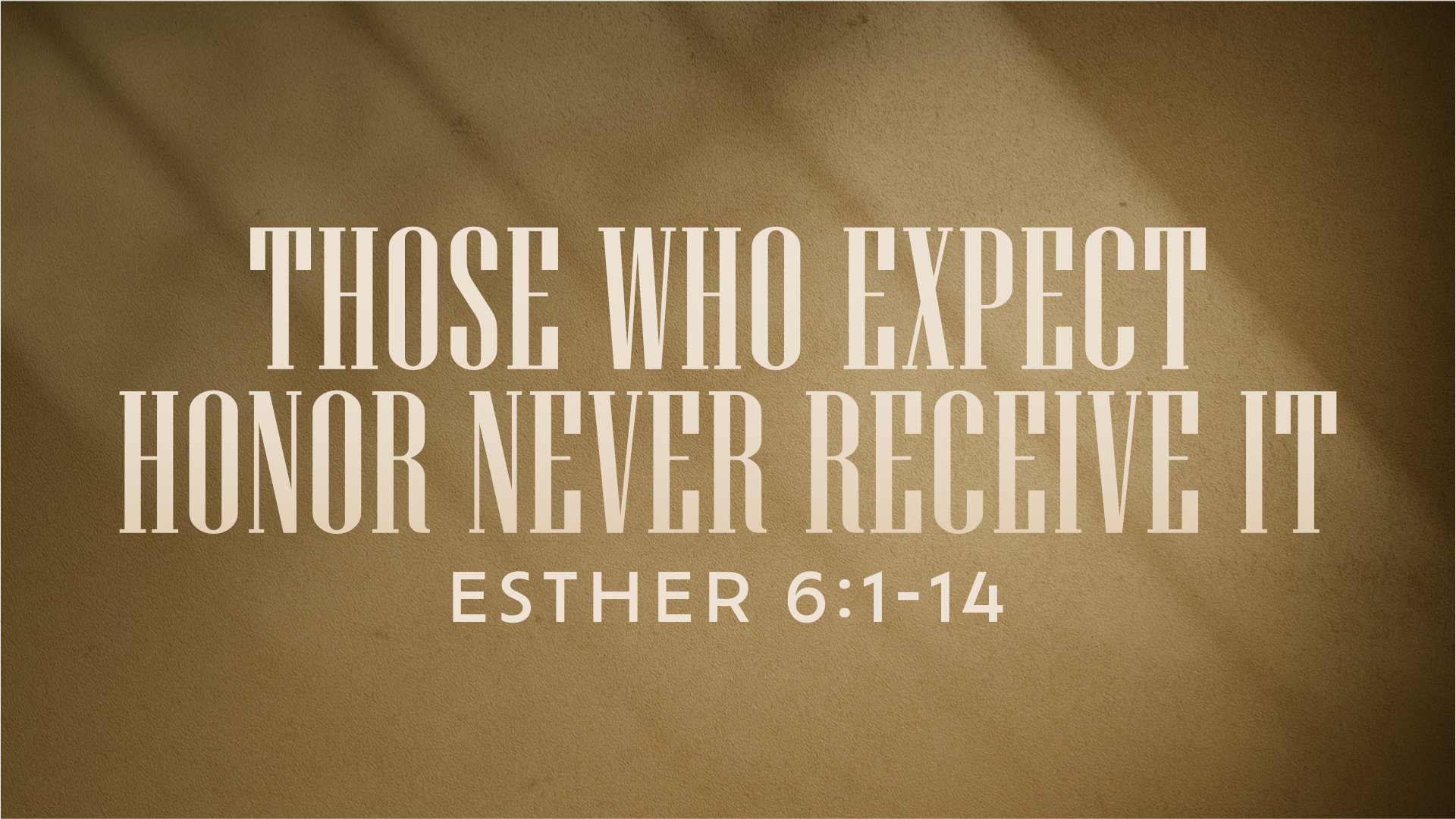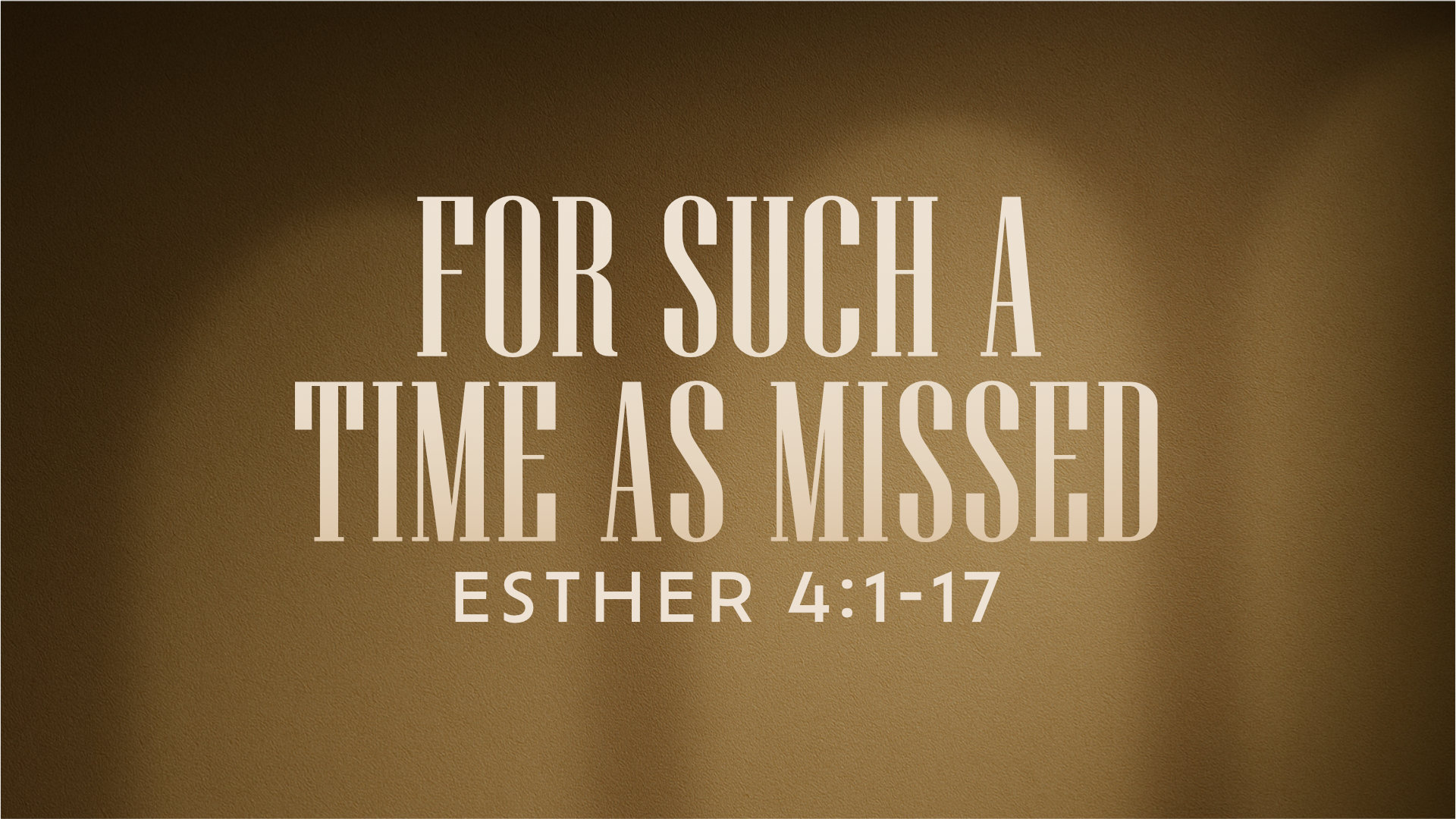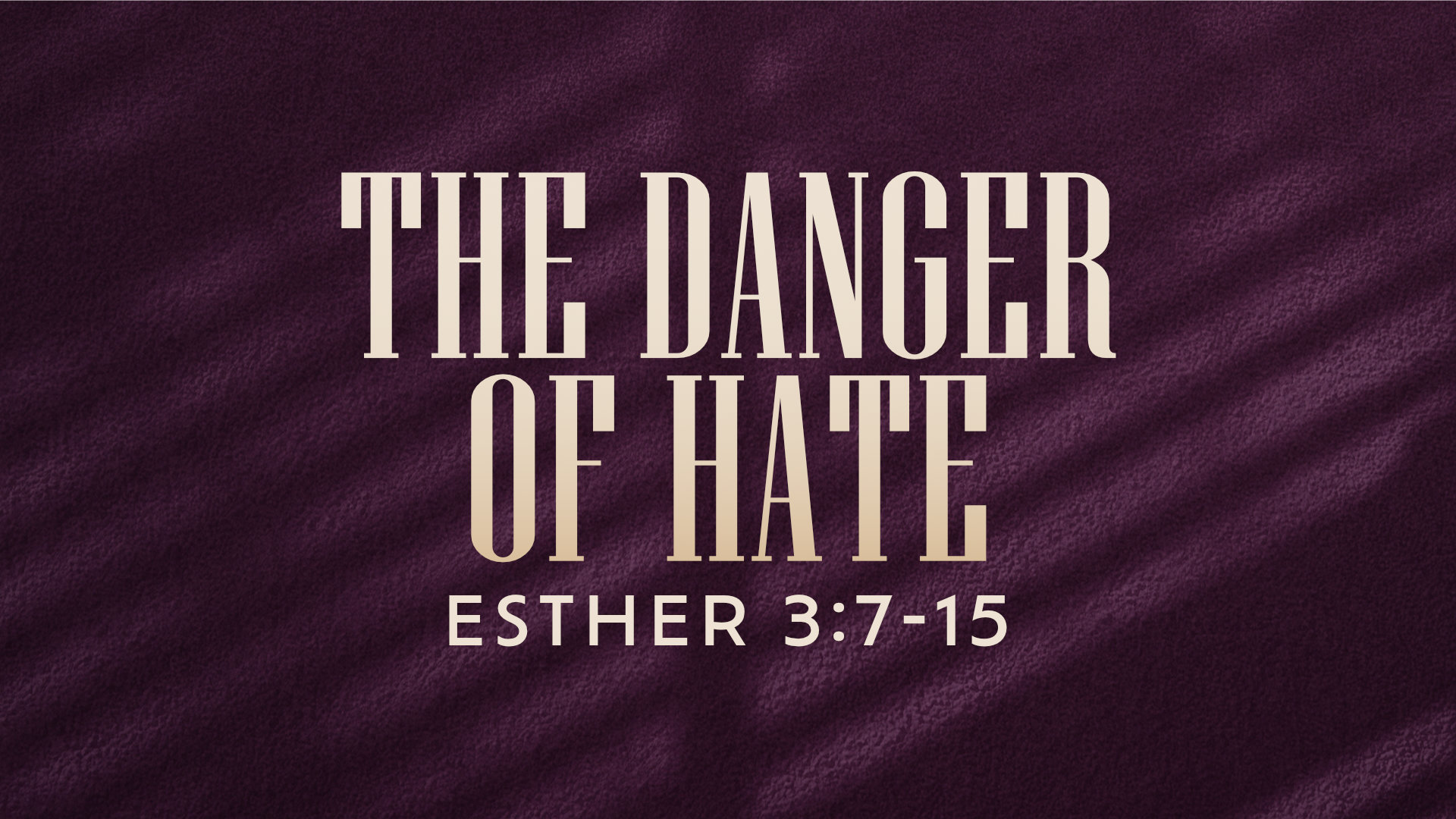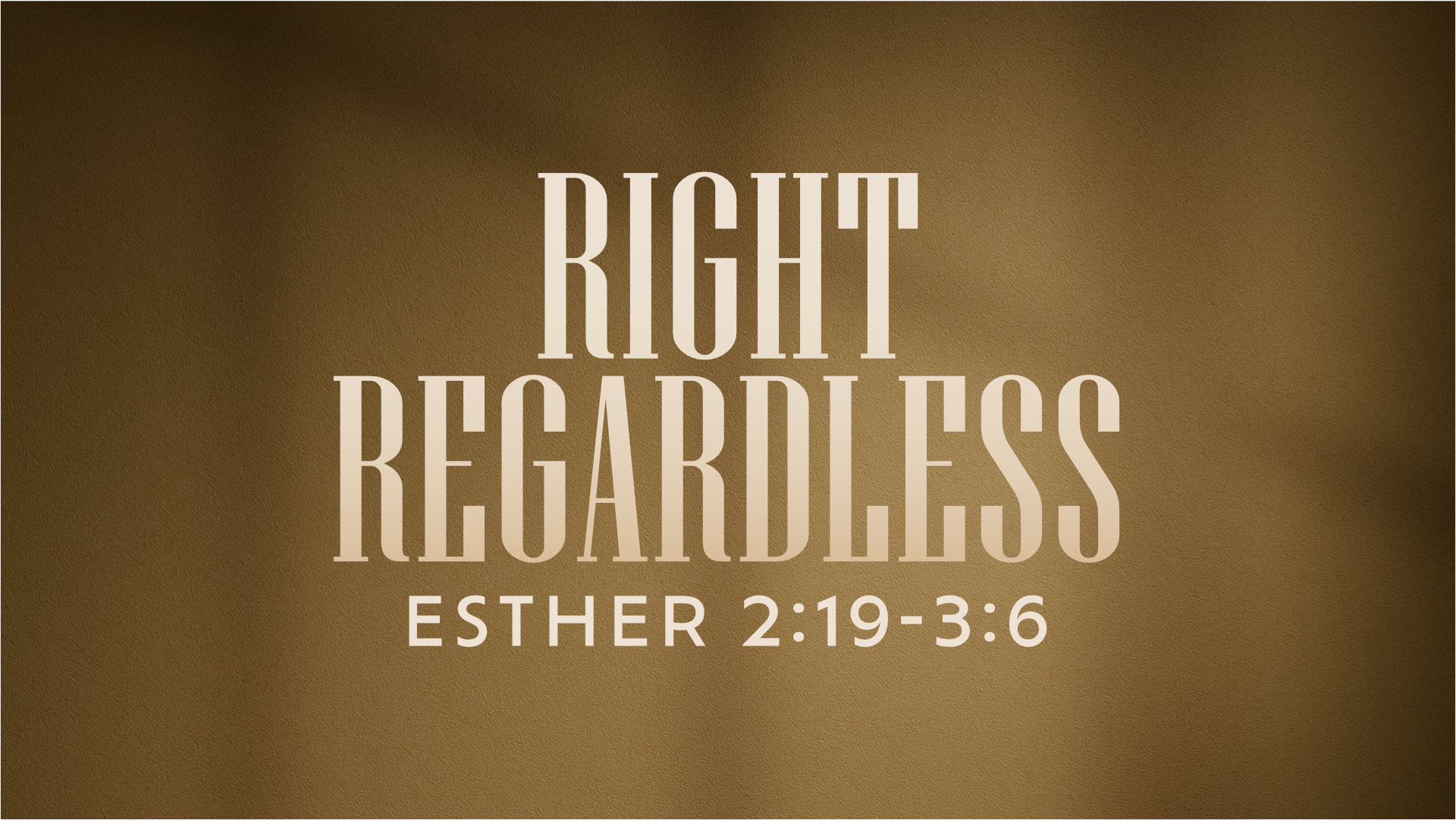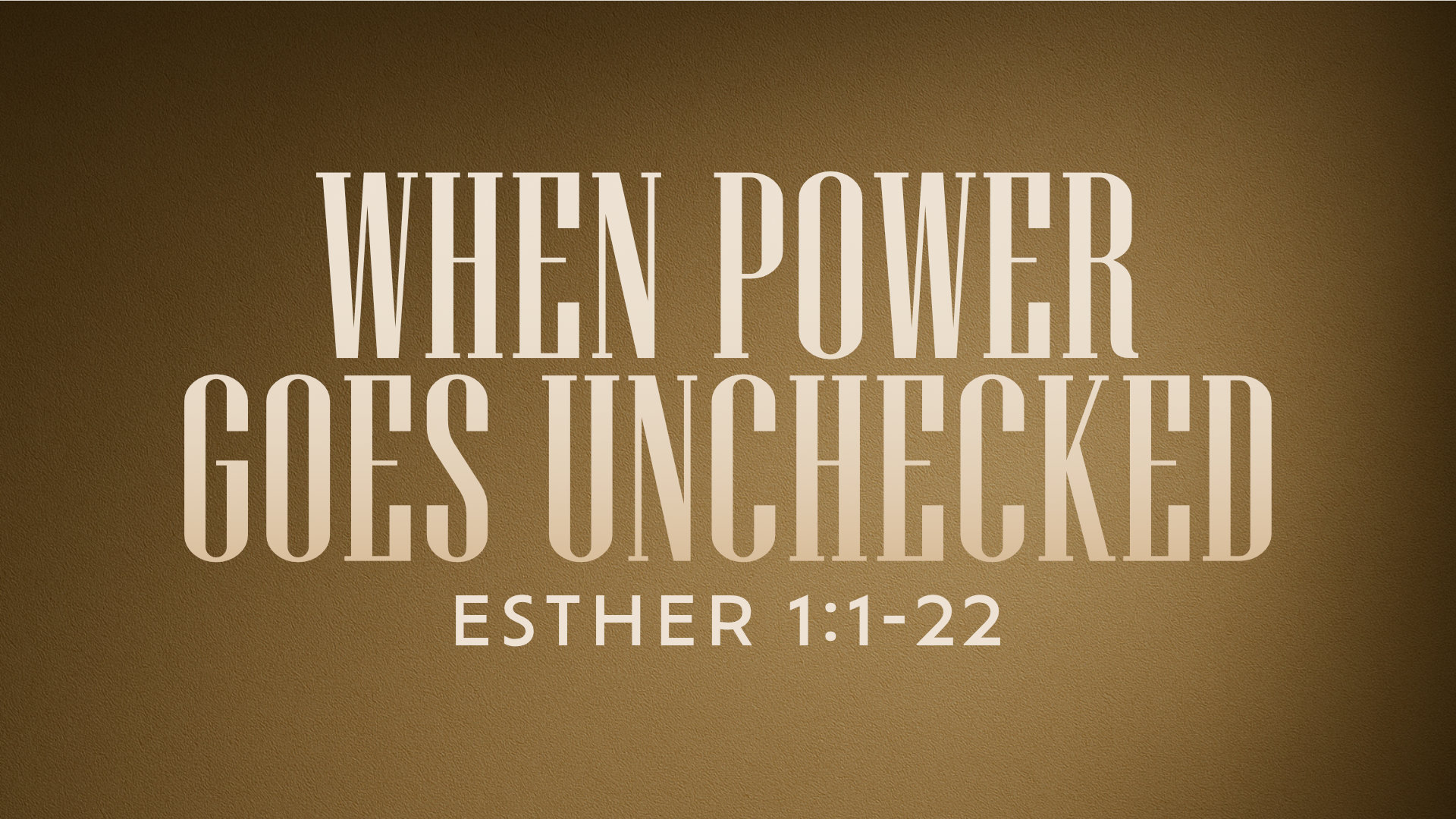Those People
Haman’s hatred of the Jews incited him to seek their destruction. Any type of perceived superiority based on nationality or ethnicity is unfounded and ungodly.
Culture
Those People
Haman’s hatred of the Jews incited him to seek their destruction. Any type of perceived superiority based on nationality or ethnicity is unfounded and ungodly.
- Don’t be that person to those people.
Setup
- Ahasuerus crowned Esther without ever knowing her Jewish background (1:1–2:18).
- Mordecai saved the king’s life but went unrewarded, while Haman was promoted instead (2:19–3:6).
Situation
- Prejudice – Haman’s hatred drove him to target the Jews, casting lots to determine their day of destruction (3:5-7).
- *King Saul, a Benjaminite like Mordecai, failed to execute judgment on King Agag, an Agagite like Haman (1 Sam. 15).
- Persuasion – Haman smeared the Jews for being different and swayed the king to grant genocidal permission (3:8-11).
- Proclamation – A royal decree announced their annihilation, sparking confusion among the people and indifference within the palace (3:12–15).
Shadows
- Lots may be cast, but the LORD determines their decisions (cf. Prov. 16:33).
- God ensured the Jews’ survival because nothing would stop the Savior’s arrival.
Significance
- Reject ethnic prejudice — Harboring hatred toward others misaligns you with the God whose image they bear.
- Reject cultural persuasion — Don’t let slander or stereotypes overpower the truth of Scripture.
- Refuse silent apathy — Silence in the face of injustice makes you complicit in it.



